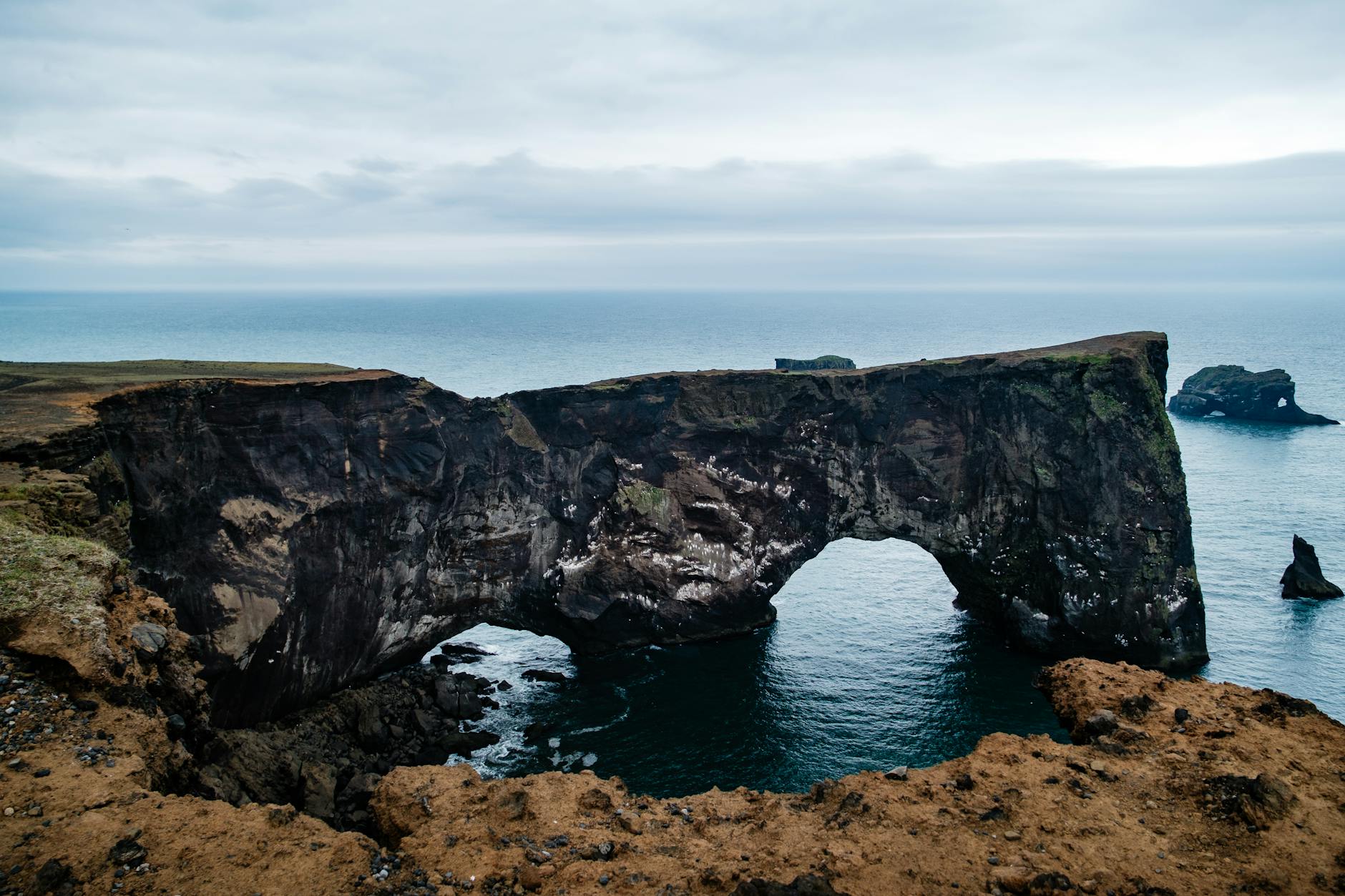How to Embark on an Eco-Friendly Journey to Australia and Beyond

Planning Your Eco-Friendly Itinerary
Crafting an itinerary with sustainability at its core is a rewarding challenge. As someone who has spent considerable time exploring ecosystems like those in the Darwin Botanical Gardens, I understand the importance of choosing destinations that prioritise conservation. When planning your South America travel adventure, consider sites that support sustainable tourism and actively participate in ecological preservation.
Choosing Sustainable Destinations
Selecting sites that showcase environmental conservation is essential. Look for destinations that are not only rich in biodiversity but also align with restoration efforts. Exploring places known for their environmental initiatives can enhance your understanding of regional conservation strategies. For instance, Machu Picchu tours offer a glimpse into archaeological marvels while promoting ecological tourism.
Setting Eco-Conscious Travel Goals
Goals that integrate eco-friendly practices create a cohesive travel experience. You're likely to seek out activities that enrich your knowledge and support local ecosystems. By setting priorities such as studying regional flora and fauna or engaging with conservation-focused projects, you blend travel with purpose seamlessly.
Aligning Activities with Values
Your actions should reflect your dedication to preserving habitats. Engage in activities that align with personal and scientific interests, like wildlife observation or participating in research collaborations. Such pursuits not only enrich your journey but also contribute to local conservation efforts. Above all, being mindful of your ecological footprint ensures travel remains both meaningful and responsible.
Selecting Green Transportation
Exploring transport options that tread lightly on the earth is crucial for an environmentally conscious journey. When considering antarctica travel, it's essential to focus on methods that minimise ecological impact, starting with flights. Low-emission flight alternatives are taking off, with many airlines adopting more efficient aircraft and sustainable fuels. Choosing airlines that prioritise these measures is a step in the right direction for reducing carbon footprints.
For land travel, opting for sustainable choices like electric or hybrid vehicles can significantly lessen your environmental impact. If you're adventuring through the lush terrains of the Casuarina Coastal Reserve, for instance, consider car-sharing or using public transportation to decrease emissions further.
When it comes to antarctica cruises, prioritise eco-friendly maritime travel. Several operators are offering cruises equipped with advanced wastewater treatment systems and energy-efficient engines. It's also worth looking into those that actively participate in research and support conservation efforts in these fragile environments.
By aligning travel methods with eco-friendly practices, you not only reduce your carbon footprint but also champion nature's preservation. Balancing personal exploration with environmental consideration empowers future generations to marvel at these untouched wonders. Through conscientious planning, you contribute to sustaining the planet's diverse ecosystems, ensuring that the awe-inspiring beauty of places like the Darwin Botanic Gardens remains for all to see.
Eco-Friendly Accommodation
Finding Eco-Certified Hotels
When embarking on your journey to explore diverse ecosystems, staying in eco-certified hotels can significantly reduce your environmental impact. Choose accommodations that adhere to strict sustainability criteria, integrating solar energy, water conservation systems, and green construction materials. These establishments not only enhance your travel experience but also demonstrate a commitment to preserving our shared environment. Notably, initiatives near iconic sites like Charles Darwin National Park often show exemplary eco-commitments.
Evaluating Home-Stay Options
For a more immersive cultural exchange, consider home-stay options that promote sustainable practices. These accommodations often emphasize local community engagement and support, providing a unique opportunity to participate in traditional customs while benefiting local economies sustainably. Whether you're considering south american tours or cuba tours, connecting with hosts who share a vision for conservation can make your travels more meaningful.
Criteria for Green Campsites
Camping offers an intimate connection with nature, presenting a chance to stay in minimally impactful environments. Look for campsites prioritising eco-friendly practices such as waste recycling, use of biodegradable products, and habitat preservation. Campgrounds aligning with conservation principles empower travellers to directly partake in the preservation of these natural paradises. Employing principles learned from places like the Casuarina Coastal Reserve, ensure that your camping experience leaves a minimal footprint on the land you explore.
Engaging in Responsible Tourism
Supporting Local Conservation
Engaging in responsible tourism begins with actively supporting local conservation efforts. In places loaded with unique ecosystems, like the Galápagos Islands, your participation can make a difference. One way to do this is by contributing to local conservation projects or organizations actively working to protect biodiversity. These projects often focus on maintaining native species' populations and restoring habitats. Such efforts are crucial in locations sensitive to climate change and human impact. Volunteering your time or allocating a portion of your travel budget to these causes can amplify your ecological impact.
Participating in Ethical Wildlife Tours
Ethical wildlife tours are paramount when visiting delicate environments. Ensure that any Galapagos tours you consider comply with strict guidelines, such as maintaining safe distances from animals and following sustainable viewing practices. These measures help minimise the human footprint on local ecosystems and contribute to the preservation efforts. Informed guides should provide educational insights into the environment, fostering a deeper understanding and respect for the natural world.
Minimising Travel Footprint
Reducing your footprint while travelling involves simple yet effective steps. Opt for local, eco-friendly products, and practice responsible waste disposal. Refillable water bottles, reusable shopping bags, and biodegradable toiletries are small items that collectively make a significant impact. Although the Charles Darwin National Park is not a specific mention here, the ethos of conservation and responsible travel that it embodies should inspire every journey. Empower yourself by integrating these practices, which reflect the ecological consciousness valued in locations such as the Galápagos, further enriching your travel experience.
Best Practices for Eco-Friendly Travel
Packing Sustainable Essentials
Every environmentally conscious traveller knows that packing wisely is crucial to reducing the impact on our planet. When venturing into the dense greenery of the Charles Darwin National Park or the serene Casuarina Coastal Reserve, it’s important to bring along items that leave no waste behind. Reusable water bottles and bags help eliminate single-use plastics prevalent in many travel destinations. Selecting biodegradable toiletries ensures that natural water bodies remain untainted, contributing to the preservation of our unique ecosystems.
Reducing Waste on the Go
As we continue to explore the natural wonders surrounding us, such as the Darwin Botanical Gardens, maintaining a low-impact presence remains key. While traversing these tranquil ecosystems, consider partaking in "zero waste" dining. Opt for local eateries that use minimal packaging or bring your own containers and utensils to reduce takeaway waste. These practices not only aid in maintaining cleaner environments but also support local businesses in implementing sustainable practices.
Sharing Knowledge with Fellow Travelers
Engaging in thoughtful conversations about eco-conscious practices elevates the collective efforts in conservation. Through discussions about our experiences at places like the famed Charles Darwin National Park, we encourage others to adopt eco-friendly travels too. Share insights on sustainable travel tech and tools that can be employed beyond our Brisbane borders. Empowering each other with knowledge is the first step towards reducing impacts on global ecosystems and further committing to protecting our diverse wildlife.
By prioritising these eco-friendly tips, we foster a travel culture that respects and preserves our environment, ensuring the enduring beauty of our natural world for future generations to explore and enjoy.


